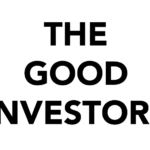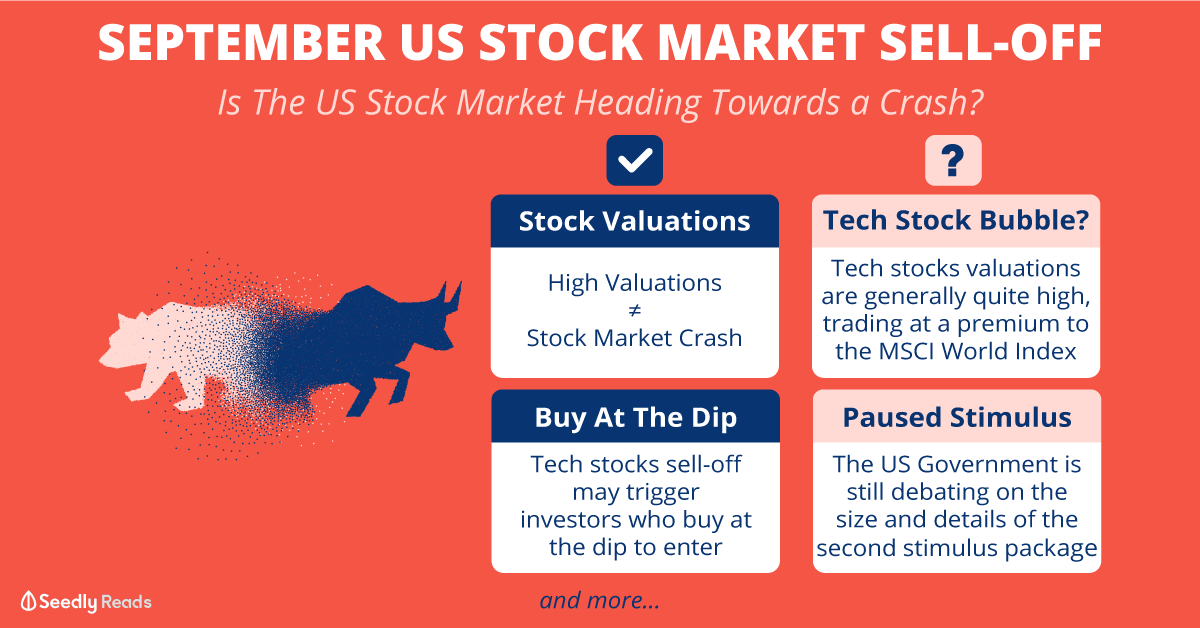Advertisement
Anonymous
Why is the stock market going up even though the economy doesn't seem to be doing well?
2
Discussion (2)
Learn how to style your text
Crypto SG
04 Nov 2025
Chief Investment Officer at Self Employed
Reply
Save
Hi there!
I think to answer this question, we first to consider what really drives the movements in the stock/financial markets. The crux of the issue lies in whether financial markets are driven by economic fundamentals (and like you mentioned, doesn't seem to be doing well), or are they driven by emotions (such as the irrational exuberance and optimisim we witness during the Dotcom Bubble and the Subprime Crisis - and as we know it, resulted in last 2 recessions).
Essentially, markets may be inefficient and people may be irrational, resulting in a mismatch between prices and reality.
In fact, this whole argument as to whether stock markets really reflect economic realities trace all the way back to the 1980s, with many finance academics writing at length with regards to the whole idea of Behavioural Finance, asserting that stock markets may be detached from economic growth and business profitability. Furthermore, they postulated that markets are not efficient and that they do not necessarily reflect economic fundamentals. By extension, leading to significant and lasting deviations from the intrinsic value of a company’s share price occur in market valuations.
In short, maybe it's best to look at stock market as an indicator of peoples' expectations and sentiments towards to economy, than an actual indicator of the overall health and economic fundamentals of the economy per se. While doing so, perhaps we must also bear in mind how this rise in stock market against the backdrop of poor economic outlook may not be sustainable and could be a temporal fad. Perhaps to get a better sense of the economy, we could focus our attention on other more prominent economic indicators such as the PMI Index, Yield Curve, unemployment indices.
Reply
Save
Write your thoughts
Related Articles
Related Posts
Related Posts
Advertisement








We are in the late stage of this secular bull market. We have one final leg up after this correction, and then it's Big Bang and over quickly. Massive unemployment and massive money printing again. The real estate market has already peaked, and we are in the process of a steep asset price mean reversion in the next 12 months.
Most people will never discover what triggers the current explosion unless one studies the bond markets very closely. Most investors have long forgotten what happened between 2007 and 2008.